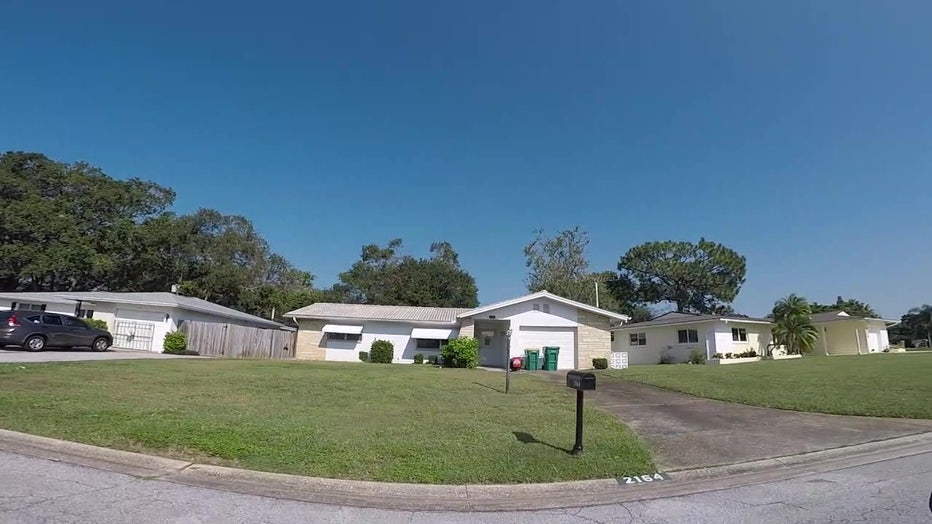St. Pete leaders allow secondary dwelling on properties to target current housing crisis

Secondary dwelling allowed on properties
One solution to the housing crisis just became a reality. St. Pete residents can now build garage apartments on their property.
ST. PETERSBURG, Fla. - St. Petersburg residents can now build accessory dwelling units or garage apartments on their home’s property after city council officially approved the housing option Thursday.
The city of St. Pete expanded accessory dwelling units (ADU) in more areas during a final public hearing on the ordinance, in hopes of helping the area’s housing crisis by providing more options. Homeowners will have to follow a 60/40 ratio for their property to make sure their primary residence takes up 60 percent, and the ADU takes up 40 percent of the area. Parking spaces would be waived in certain cases.
ADUs are also known as granny flats or mother-in-law suites, and the change now allows homeowners to add a place for rent to family and friends or strangers.
RELATED: St. Pete homeowners could rent space on property to help solve affordable housing crisis
One St Pete resident who spoke during public comment said she couldn’t build what she wanted for a while because of the city’s zoning. Now the city just gave her the green light.
"I’m going to add an additional dwelling unit to my property. It will be a rental. It will be an affordable rental, and I think the city needs more of that. We know we need more of that," said Robin O’Dell, a St. Pete resident who lives on a half-acre property.

But there continued to be pushback from several residents in the Snell Isle neighborhood. They said they felt it wasn’t a good idea to allow ADUs in coastal high hazard neighborhoods like theirs because of constant flooding.
"All the money that we are paying to help the sea grasses, the manatees, we might be fighting against those objectives by allowing unsupported areas for further development," said Lore Ayoub, a St. Pete resident who said she has lived in an ADU at one point and supports them as housing options.
The city planners said there are a small number of those coastal high hazard lots impacted in the overall number of eligible properties added through the ordinance.
Only one out of the six council members voted against the ADUS, and council member Ed Montanari said he agreed with some concerns from residents that ADUs could change a neighborhood’s character.

